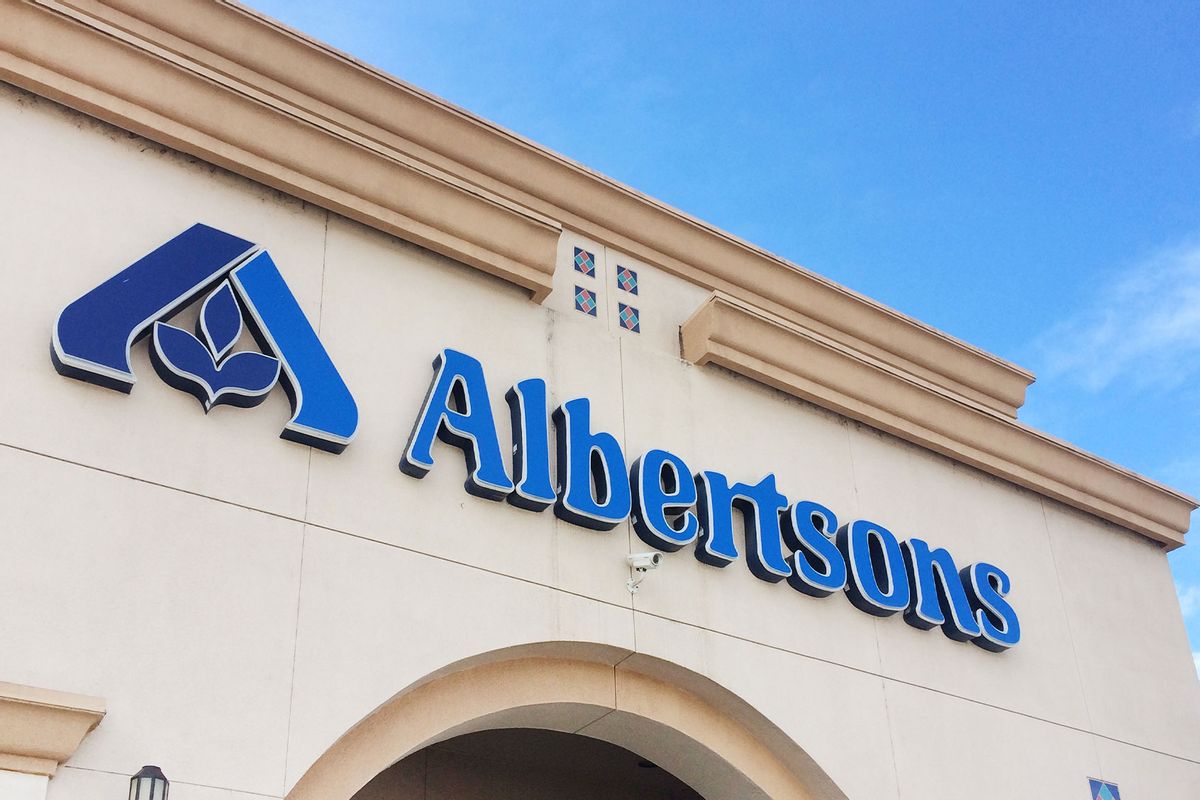Following the collapse of its planned merger with Kroger, Albertsons Companies is doubling down on its strategy to grow market share and customer loyalty in the increasingly competitive grocery industry, Chief Executive Vivek Sankaran said last week.
The announcement comes as the Boise, Idaho-based grocer reported strong third-quarter earnings, exceeding Wall Street expectations. Albertsons posted net income of $400.6 million, or 69 cents per share, compared with $361.4 million, or 62 cents per share, in the same quarter last year. Adjusted earnings totaled 71 cents per share, beating analysts’ average estimate of 64 cents.
Sankaran emphasized that the company remained focused on its "Customers for Life" strategy, which prioritizes loyalty growth, fresh food offerings and omnichannel access, even during the lengthy antitrust review of the proposed $24.6 billion Kroger deal. That process ended last month when federal and state regulators blocked the merger, prompting Albertsons to sue Kroger for alleged breach of the agreement.
“While we are disappointed the merger was terminated, we never stopped investing in our business,” Sankaran said during a Jan. 8 call with analysts.
Albertsons has identified four key priorities: driving customer engagement through digital connections, enhancing value, modernizing technology and improving operational efficiency. The company also plans to leverage cost-saving initiatives, including technology upgrades, to generate $1.5 billion in savings over the next three years.
“Over the last two years, we have invested heavily in our core business, developed new sources of revenue and strengthened our capabilities through the rollout of new technologies,” Sankaran told analysts. “We have retained our best talent and even added and strengthened talent in critical positions. Our Customers for Life strategy is working. We have added loyalty members, digitally engaged customers, omnichannel households and increased transaction counts.”
He continued: “Our stores are operating more effectively and efficiently as our new technologies take hold, and we are proactively managing our costs. Our productivity programs, both old and new, are creating fuel for investments and are an offset to inflationary headwinds.”
We need your help to stay independent
For the quarter ending Nov. 30, 2024, Albertsons reported revenue of $18.77 billion, up 1.2% year over year, driven by a 2% increase in identical sales. Pharmacy sales jumped 13%, while digital sales surged 23%.
Membership in Albertsons’ loyalty program, “for U,” rose 15% to 44.3 million.
“We believe all of this puts us in a strong position to continue to transform the business and adapt to an ever-changing consumer landscape,” Sankaran said. “We also know that we must elevate our performance to compete with the very best in our industry. We are energized by that challenge and see a path to doing so.”
Sharon McCollam, president and chief financial officer, described the company as stronger now than before the merger process began. “Our results reflect the operational benefits of strategic investments,” she said.
Sankaran, meanwhile, highlighted efforts to adapt to inflationary pressures by enhancing the company’s private-label offerings and working with vendors to optimize pricing in select categories. Albertsons also plans to grow its retail media revenue and improve its in-store and digital experiences.
“Our productivity programs are creating fuel for investments and mitigating inflationary headwinds,” Sankaran said.
The company increased its quarterly dividend by 25% to 15 cents per share and announced a $2 billion share repurchase program, underscoring its commitment to shareholder returns. Despite challenges, Sankaran expressed confidence in the grocer’s future. “We are energized by the opportunity to elevate our performance and compete with the very best in the industry,” he said.
"Our productivity programs are creating fuel for investments and mitigating inflationary headwinds."
Albertsons’ renewed focus on customer-centric strategies positions the company to navigate an evolving consumer landscape, Sankaran added, signaling a fresh chapter for the grocery giant, even as the fallout from the failed merger continues to unfold in the courts.
In December, Albertsons filed a lawsuit against Kroger for alleged breaches of their merger agreement. The suit, filed in Delaware’s Court of Chancery accuses Kroger of “willful breach of contract and breach of the covenant of good faith and fair dealing arising from Kroger’s failure to exercise ‘best efforts’ and to take ‘any and all actions’ to secure regulatory approval of the companies’ agreed merger transaction.”Albertsons is seeking billions in damages, arguing that the failed deal caused significant financial harm to the company and its shareholders.
Kroger, meanwhile, dismissed the claims as “baseless and without merit,” saying the company went to “extraordinary lengths” to advance the merger and characterizing the lawsuit as a deflection of Albertson’s own “multiple breaches,” as Salon reported.
Albertsons operates 2,273 stores, 1,732 pharmacies, and 405 fuel stations under banners such as Safeway, Jewel-Osco, Shaw’s and Acme, spanning 34 states and Washington, D.C.
Read more
about this topic



Shares